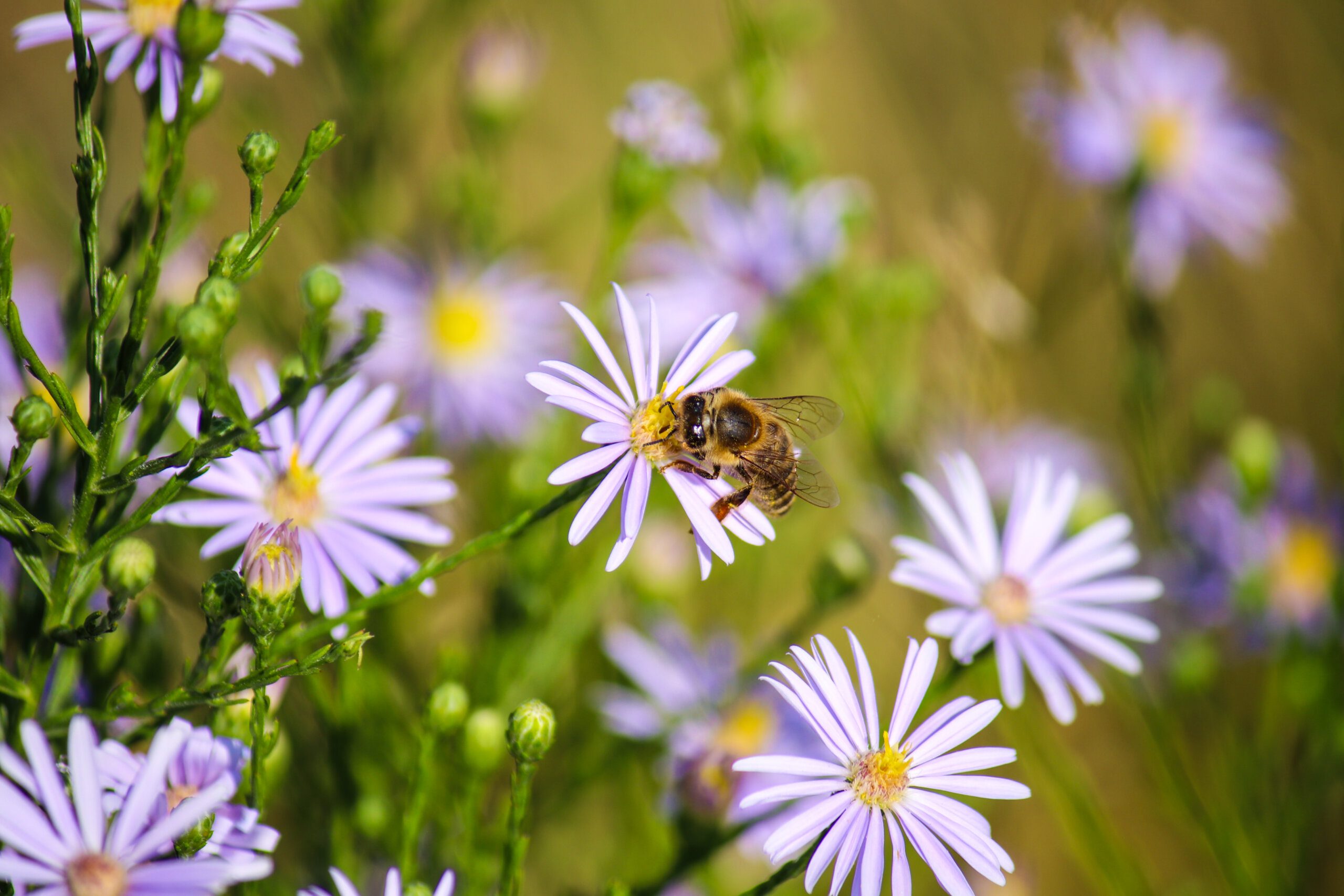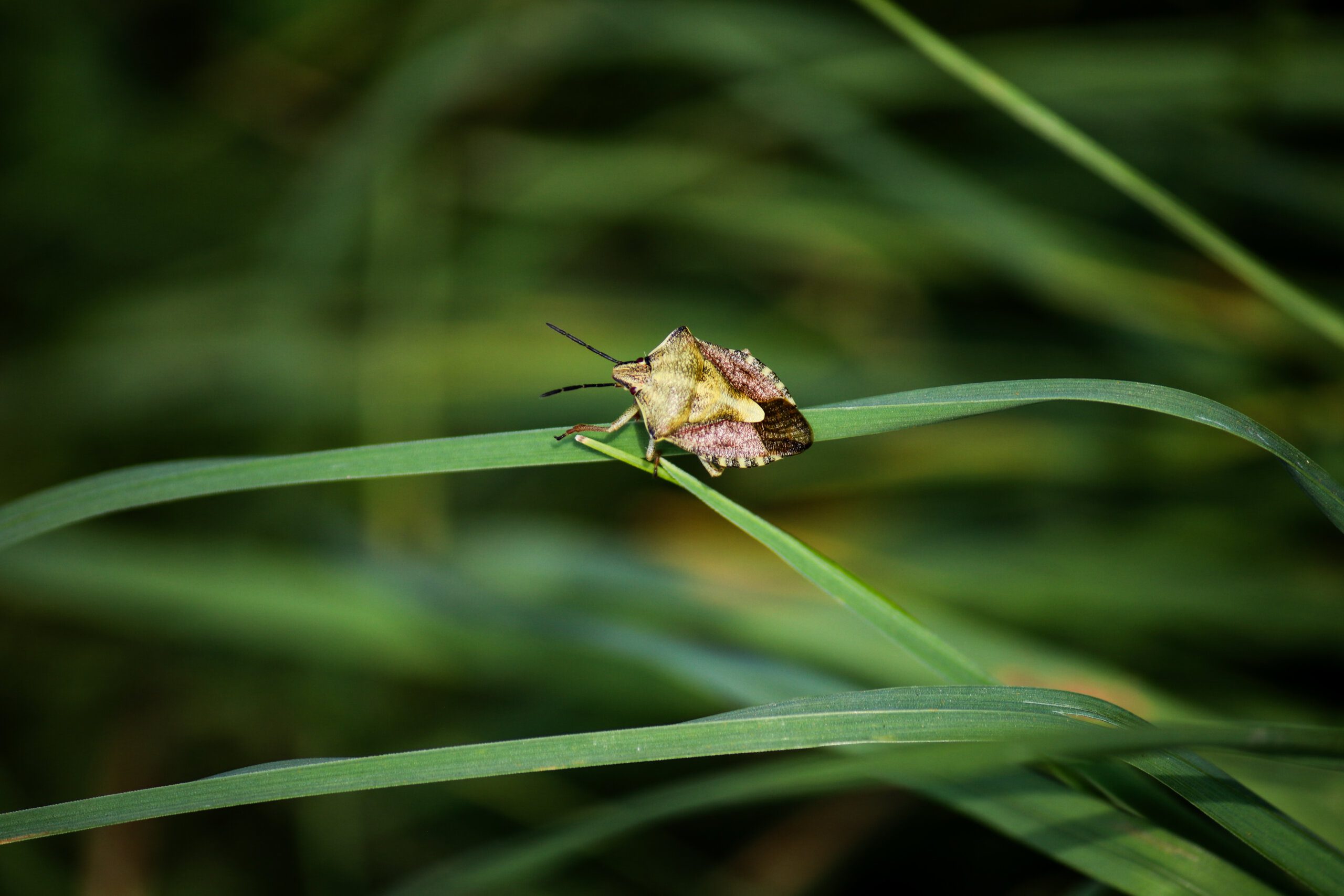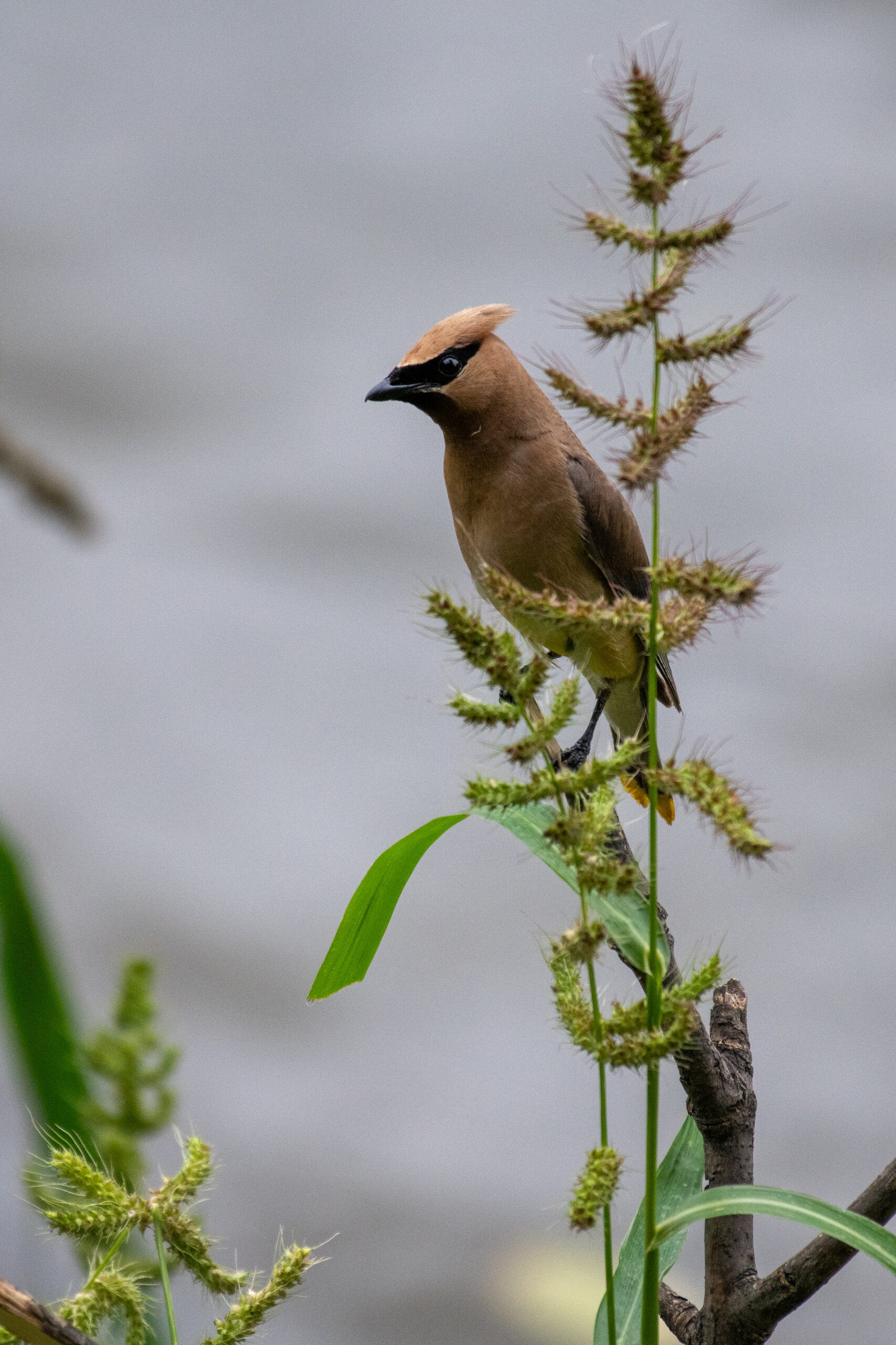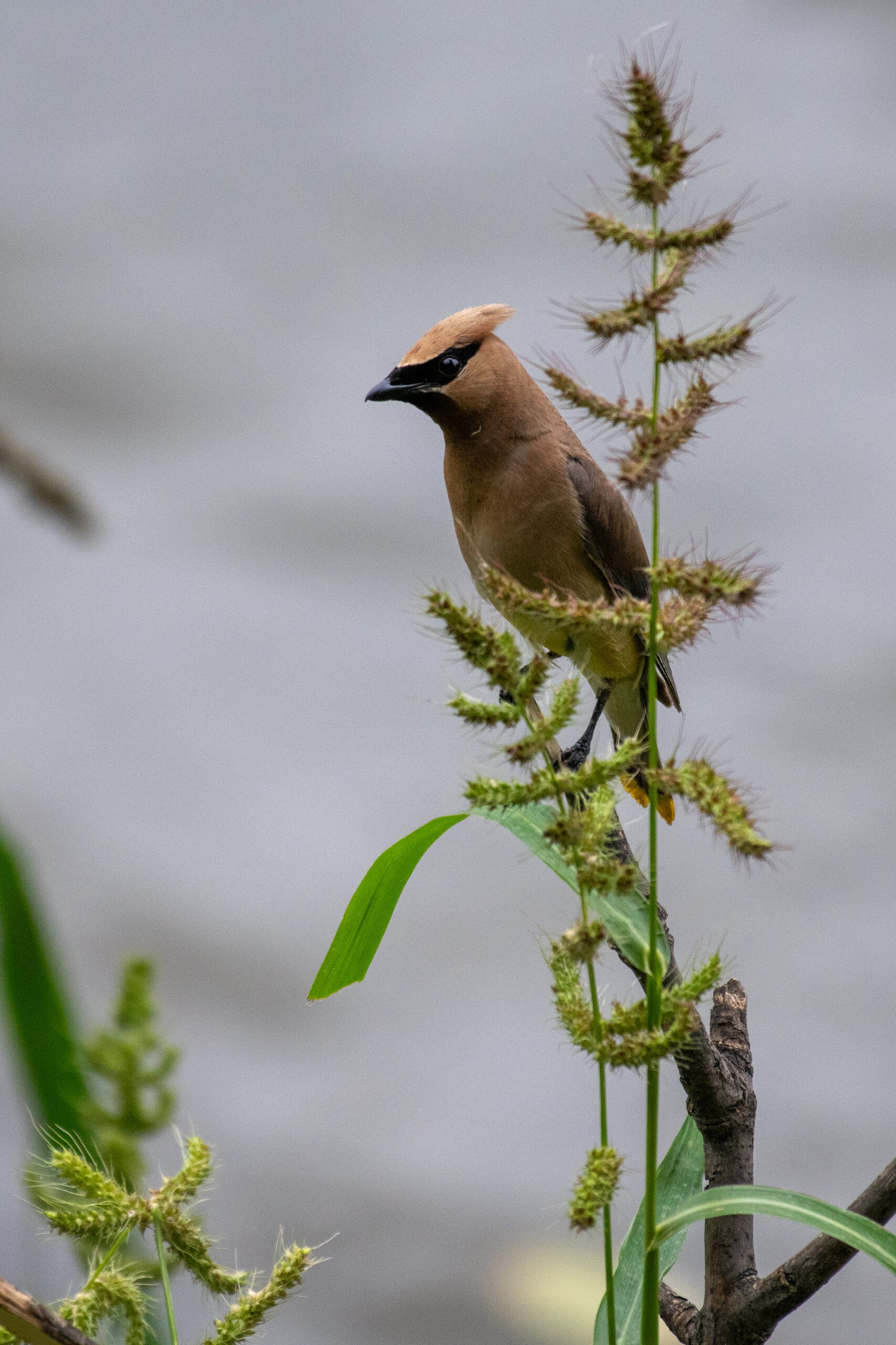Have you ever wondered if you can own a capybara as a pet? Well, you’re in luck! In this article, we will explore the legality of owning these gentle giants as pets. Many people are drawn to the idea of having a capybara as a companion due to their friendly nature and unique characteristics. So, let’s find out if you can bring one of these adorable creatures into your home and make them a part of your family!

Laws and Regulations
Local Laws
When considering owning a pet, it is important to be aware of the laws and regulations that govern pet ownership in your local area. Different regions may have varying restrictions and requirements, so it is crucial to do your research before bringing a new furry friend into your home. Familiarize yourself with local laws regarding exotic pets and animal ownership to ensure that you are in compliance with the regulations.
Exotic Pet Laws
Capybaras, in particular, are considered exotic pets due to their unique characteristics and origins. As such, there may be specific laws and regulations pertaining to their ownership. Exotic pet laws can vary significantly from one jurisdiction to another, so it is essential to understand the legalities surrounding capybara ownership in your area. Some places may prohibit owning capybaras altogether, while others may require permits or licenses for keeping them as pets.
Ownership Permits
In areas where capybara ownership is legal, permits or licenses may be required to ensure responsible ownership and the well-being of the animals. These permits often come with certain conditions that must be met to demonstrate your ability to provide a suitable environment and proper care for your capybara. It is important to familiarize yourself with the specific requirements for obtaining an ownership permit and fulfill all necessary obligations to comply with the regulations.
Capybara as Domestic Pets
Capybara Temperament
Capybaras are known for their social and gentle nature, making them appealing as potential domestic pets. They are highly social animals and often thrive in the company of other capybaras or even other pets. However, it is crucial to note that their social needs must be met, and they require ample interaction and enrichment to ensure their well-being.
Living Space Requirements
Given their unique size and needs, capybaras require spacious living environments to thrive in captivity. Ideally, they should have access to both indoor and outdoor areas, as they enjoy swimming and soaking in water. A suitable enclosure should provide ample room for them to explore, swim, and engage in their natural behaviors.
Feeding and Care
Proper nutrition is vital to maintaining the health of your capybara. Although they are herbivores, their diet consists mainly of grasses and other vegetation. Additionally, they require a significant amount of fresh water daily, as they love to swim and soak. It is crucial to provide a balanced diet that meets their nutritional requirements and to ensure they have access to clean water at all times. Routine veterinary care, grooming, and regular exercise are also essential for keeping your capybara happy and healthy.

Health and Safety Considerations
Health Risks
As with any pet, it is important to be aware of the potential health risks that come with owning a capybara. These risks may include parasites, injuries, and diseases. Regular veterinary check-ups, vaccinations, and preventative treatments should be a routine part of capybara ownership to minimize these risks and ensure the overall well-being of your pet.
Zoonotic Diseases
Zoonotic diseases are infections that can be transmitted between animals and humans. While the risk is generally low, it is essential to take appropriate precautions when handling and interacting with your capybara. Regular handwashing, practicing good hygiene, and consulting with veterinarians can help minimize the risk of zoonotic diseases and ensure a safe environment for both you and your pet.
Veterinary Care
Providing proper veterinary care for your capybara is crucial for their health and well-being. Regular check-ups, vaccinations, and preventive treatments can help identify and manage any potential health issues early on. Establish a relationship with an experienced veterinarian who is familiar with capybaras or exotic animals to ensure your pet receives the specialized care they require.
Potential Legal Issues
Non-compliant Ownership
Failure to comply with local laws and regulations regarding capybara ownership can have serious consequences. It is important to obtain any required permits or licenses and follow any additional conditions or restrictions imposed by the authorities. Non-compliance may result in fines, confiscation of the animal, or legal action. Always ensure that you are well-informed and in full compliance with the regulations to avoid any legal issues.
Animal Welfare Concerns
Capybara ownership comes with responsibilities beyond legality. It is essential to consider the well-being and welfare of the animal itself. Capybaras require social interaction, proper care, and suitable living conditions to thrive. Before owning a capybara or any exotic pet, carefully consider if you can meet their unique needs and provide a high standard of living.
Penalties and Consequences
Failure to abide by local laws and regulations regarding capybara ownership can result in penalties and legal consequences. The severity of these penalties varies depending on the jurisdiction and the specific circumstances. It is crucial to fully understand the potential penalties and consequences associated with non-compliant ownership and make informed decisions accordingly.

Alternatives to Capybara Ownership
Domestic Rodent Pets
If owning a capybara is not feasible or allowed in your area, there are several other pet options that may suit your desires. Domestic rodent pets such as guinea pigs, hamsters, or rabbits offer companionship and can be kept in smaller living spaces. While they may not provide the same unique experience as a capybara, they can still be wonderful additions to your family.
Exotic Pet Options
For those seeking the experience of owning an exotic pet, there are alternative options that may be legal and more suitable for your circumstances. Research local laws and regulations regarding exotic pet ownership to find out if there are other animals that fit within the legal framework. Always ensure that the exotic pet you choose is suitable for your lifestyle and that you can meet their specific needs.
Conclusion
Owning a capybara as a pet can be an exciting and rewarding experience. However, it is crucial to be well-informed about the laws and regulations governing their ownership in your area to ensure compliance. Understanding the unique temperament of capybaras, their specific living space requirements, and the importance of proper care and nutrition is essential for providing a happy and healthy life for your pet. Additionally, it is important to be aware of the health risks associated with owning a capybara, the potential for zoonotic diseases, and the veterinary care required. Lastly, if capybara ownership is not feasible, there are alternative domestic rodent pets or other exotic pet options that may still fulfill your desire for a unique and fulfilling pet ownership experience. Remember, responsible ownership of any pet, including capybaras, is essential for their well-being and overall happiness.



